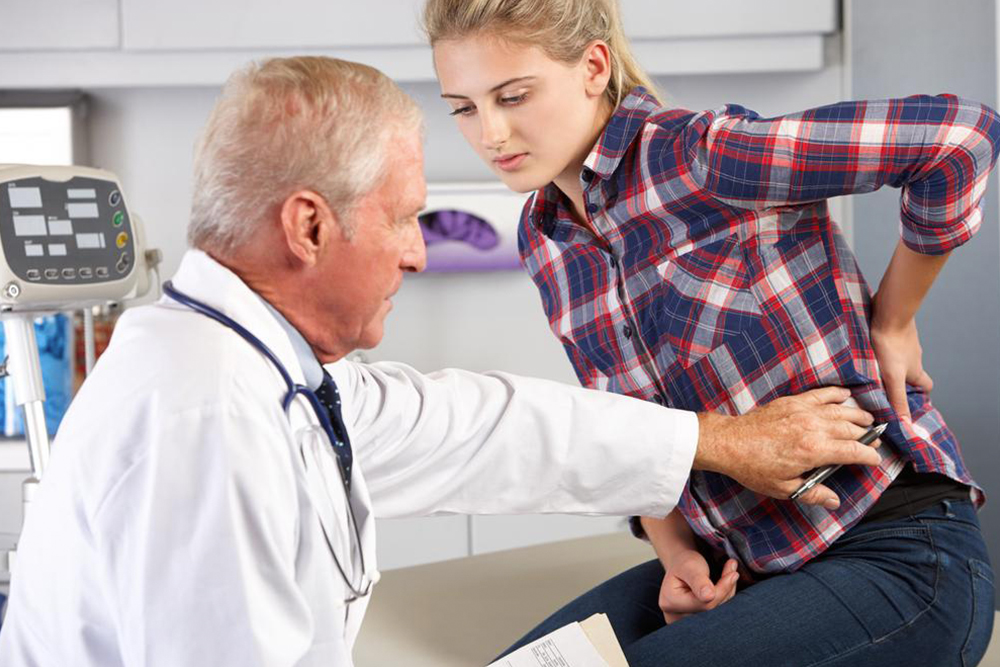Causes, symptoms and treatment of Sciatica
Sciatica refers to the pain which occurs when the sciatic nerve is pinched or compressed. This pain occurs in the buttock, thigh or the leg area. The sciatic nerve is composed of a large number of smaller nerves that leave from the spinal cord and pass in between the numerous vertebrae. These vertebrae make up the spinal region of the human body. After leaving this region, these small nerves fuse together and form the sciatic nerve.

Symptoms of sciatica
The sciatic symptoms include flashes of pain that start from the buttock area and travels downward to the leg and the thigh area. Let us look at some of the symptoms.
Numbness in the leg, thigh and buttock area.
The patient thinks as if she is getting jabs of needles and pins.
There is a burning or tingling sensation down the leg.
Many patients have reported of a shooting pain that makes it difficult to stand up.
There is pain in the lower back area also.
This pain aggravates when the person is sitting down.
Loss of bladder or bowel control.
Sciatica usually affects only one part of the body. Depending upon where the sciatica nerve is pressed, the pain may also extend to toes and fingers of the feet. Sciatica pain can be debilitating for many people and their locomotion can be severely impacted. In others, it may occur infrequently and may be irritating. Consult a doctor if you are experiencing any or all of the above symptoms. If left untreated, sciatica may become worse in the long run. People suffering from this illness have reported that there is a sudden attack of sciatica when they were laughing, sneezing or coughing. Bending, stretching etc. can worsen sciatica.
What causes sciatica?
Some muscles in the hip area are inflamed .
Sciatica is also caused by a spinal injury or by spinal tumor.
Lumber discs degenerate because of age-related factors.
Osteoarthritic changes to the lumbar spine area also cause sciatica.
Treatment of sciatica
Doctors do not recommend total bed rest to the patients of sciatica. Gentle exercise of the lower spine area is prescribed by the physicians. It is preferable to have these exercises in the swimming pool to relieve the pressure off the lower back area.
Other lines of treatment include the following activities.
Adopt a proper posture.
Use a firm but not a hard mattress.
Do not bend and lift heavy objects.
Use chairs with lower back support.
Alternate your seating posture from time to time.
Lose weight if you are obese or overweight.
In extreme cases of disc prolapse, injections may be necessary to relieve the pain. To get short-term relief, you may also opt for a minor surgery. However, the patient may again get sciatica-related pain after some time post surgery.